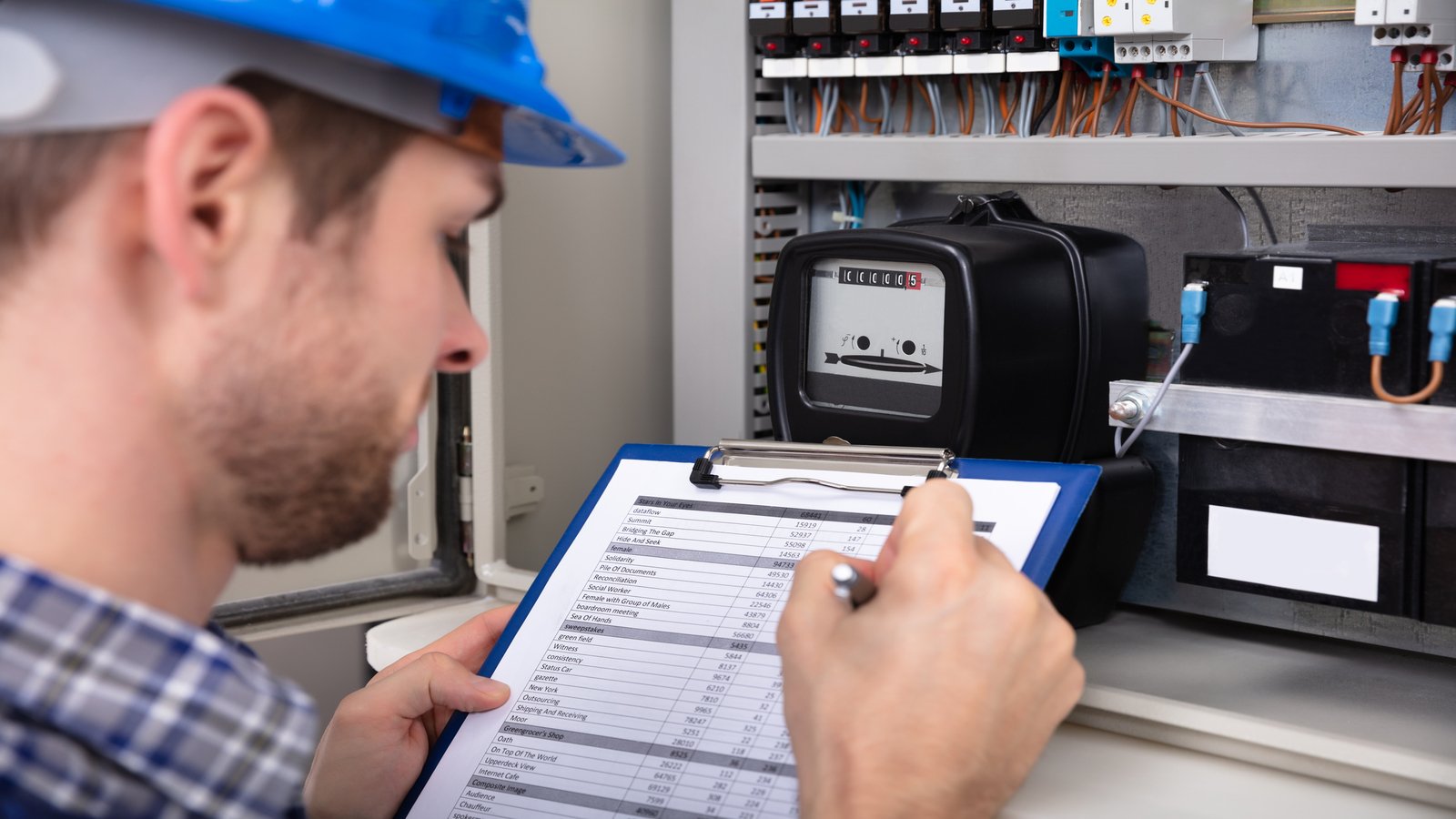The job market in the United States is evolving rapidly. As we advance technologically, certain professions are likely to become obsolete. This shift is driven by various factors, including advancements in artificial intelligence (AI), robotics, and digital systems. These changes are transforming how businesses operate and interact with consumers.
Here are 16 jobs that will likely disappear due to these technological changes.
Parking Enforcement Workers

Cities are shifting towards using intelligent parking systems now. This makes the usual job of parking workers unnecessary. These new systems work better and make fewer mistakes. This aims to make things more efficient and cost less for the city.
Switchboard Operators

The need for switchboard operators is declining due to advancements in communication technologies.
The demand for this role has seen a negative trend since the early 2000s. This trend is expected to continue, with a predicted loss of more than five thousand jobs by 2029.
Warehouse Stockers

Robots are starting to do the job of warehouse stockers. They sort and take care of inventory without stopping. This is happening more because of online shopping. Robots do this work accurately, essential for quick delivery and inventory management.
Watch Repair Technicians

The increasing popularity of high-quality smartwatches is eroding the traditional watch repair industry. Younger generations, especially Millennials and Gen Z, show less interest in owning classic watches. Also, luxury brands are adding digital features, making old repair skills less needed.
Cashiers

Self-checkout systems are becoming widespread in various retail stores, projecting a significant decrease in traditional cashier roles. A report by the Bureau of Labor Statistics projects a 10% decline in the employment of cashiers from 2022 to 2032. This trend could make cashier jobs less common as businesses seek ways to serve customers better and save money.
Librarians

With a recent surge in digital libraries and AI-managed catalog systems, visiting physical libraries is less necessary. Digital books take up little space, and organizing them is much easier. One cannot deny the carbon footprint of publishing physical books. Overall, digital libraries are here to save trees.
Meter Readers

Smart meters send data straight to utility companies. This makes the job of meter readers less critical. These meters collect data better and more accurately, leading utility companies to favor technology over manual labor.
Mail Sorters

More advanced machines are sorting mail now. They work faster and better than people. Also, less mail is being sent because of digital communication. This reduces the need for people to sort mail.
Data Entry Keyers

AI and software systems have revolutionized data entry tasks, outperforming humans in speed and error rates. Businesses increasingly favor these automated systems for their efficiency and accuracy, making human data entry roles obsolete.
Casino Dealers

Casinos are using AI dealers. They provide non-stop service and can make games more personal. These AI dealers are less likely to make mistakes or do something wrong. This makes human dealers less needed.
Prepress Technicians

Automated systems are now doing jobs like layout for printing. Also, more people are publishing things digitally. This is making the job of prepress technicians less important.
Taxi Drivers

The rise of ride-sharing apps and self-driving car technology is a significant threat to traditional taxi driver jobs. Many cities are already testing self-driving cars, and it’s expected that more will adopt this technology over time, leading to a decline in taxi driver roles.
Engine and Machine Assemblers

Robots are starting to do the job of putting together engines and machines. They are precise and make fewer mistakes. This is making it hard for people who do this job.
Retail Sales Workers

Online shopping and AI are reshaping the retail industry. Automated systems and online platforms take over inventory management and customer service tasks. This is making redundant the majority of the human staff in the store.
Fast food employees

One can easily witness automated kiosks and robot chefs in fast-food restaurants. These can take orders, cook food, and serve it, thus reducing dependency on human staff. Customers nowadays also prefer faster and more streamlined services, and automation in the fast food industry is meeting that need.
Telemarketers

Advanced AI programs can now make sales calls. They use consumer data to create more effective sales pitches. This is making human telemarketers less critical. Reports suggest that AI in the global telemarketing industry is expected to grow by a whopping 30% by 2030.
Electronic Equipment Installers and Repairers

The job market for electronic equipment installers and repairers in the motor vehicle industry is experiencing a downturn. This change is largely because of the automation of tasks that humans traditionally performed. As a result, the demand for manual installation and repair services in this field is declining.
Delivery Drivers

The role of delivery drivers in industries like food delivery and parcel services is likely to change significantly with the rise of autonomous vehicle technology and drone delivery systems As reported by McKinsey, drones are becoming increasingly important in the delivery supply chain. Companies are increasingly experimenting with these technologies to optimize delivery routes, increase efficiency, and reduce costs.
Locomotive engineers

Train technology is getting smarter day by day. It requires very few humans to control the operations. With further advancement, the job of traditional locomotive engineers will be less needed. Technology will play a role in detecting breaks or cracks in the wheels. This is often overlooked by human error and is deadly. Also, automation will eliminate human factors (lack of stamina and increased fatigue).

